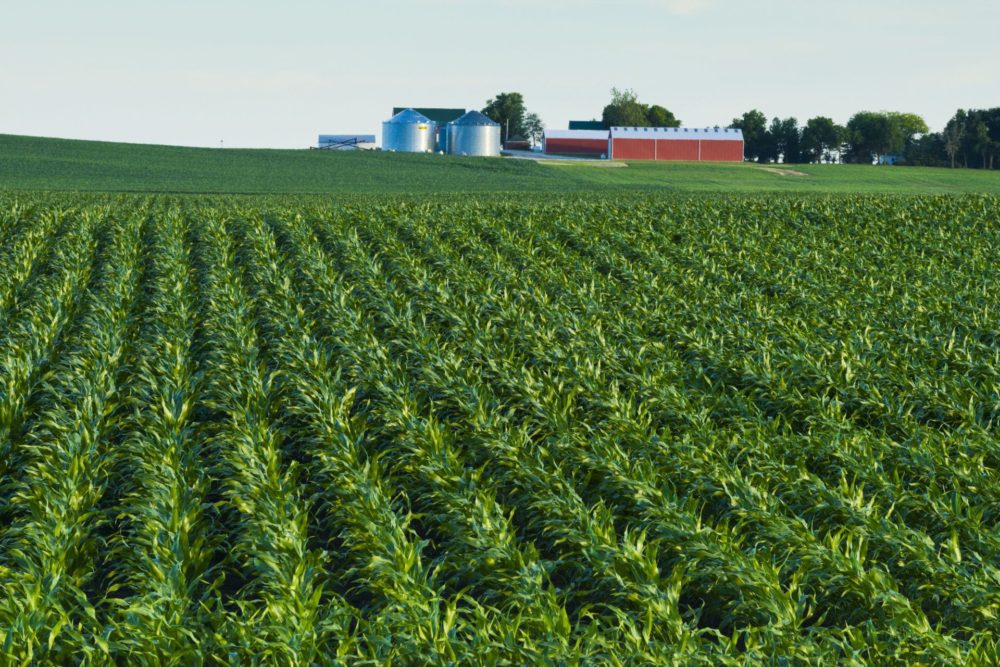- US-based Sound Agriculture has raised a $75 million Series D to expand its crop nutrient and plant breeding businesses.
- New investors BMO Impact Investment Fund and Chan Zuckerberg Initiative led the round.
- FootPrint Coalition and returning investors Leaps by Bayer, Syngenta Group Ventures, S2G Ventures, Fall Line Capital, Cavallo Ventures and Northpond Ventures also participated.
- Sound Agriculture says it will use the investment to advance its research platform, grow sales and marketing in the US and abroad, and add new partnerships on the plant breeding side.
On background:
Founded in 2013, Emeryville, California-based Sound Agriculture offers two main lines of business: SOURCE, a “nutrient efficiency” product that enhances nitrogen uptake in crops, and an on-demand plant-breeding service.
SOURCE helps plants make better use of nitrogen and phosphorus. This reduces farmers’ needs for synthetic fertilizer without hurting (and oftentimes improving) yields.
The product launched in 202o; in 2022 it has experienced 4.3x growth, according to the company. More than 1 million US acres now use SOURCE.
CEO Adam Litle tells AFN it takes just 1 ounce of SOURCE per acre to get the same efficacy as synthetics.
Meanwhile, Sound’s on-demand breeding service uses epigenetics to breed novel plant traits such as nutritional profile, flavor and appearance. Sound says it can do this 10 times faster than traditional methods and without changing plant DNA.
The service is currently in “pre-commercial” stage, according to Litle.
Why it matters:
“I could have counted on one hand the number of growers who used our product to replace nitrogen in 2021,” says Litle. “This past year, in 2022, it has increased to almost half our growers,” he says of the interest in alternatives to extensive fertilizer use.
A few key factors drive adoption of SOURCE right now, he adds.
“The product itself is very unique and is literally the only bio-chemistry product on the market that is being used for increasing yield and replacing nitrogen fertilizer.”
He adds that the company now has five years of data to back up the efficacy of SOURCE.
That efficacy comes from the fact that SOURCE is a chemistry-based product, rather than a biological one. It is therefore less subject to environmental variabilities.
Because it’s a chemistry product it fits easily into grower’s regimes, notes Litle. “It’s hard to over-estimate how much ease of use for a grower is important when trying new products.”
External forces are of course the third factor: inflation, commodity prices of grain and nitrogen, the ongoing Russia-Ukraine conflict.
A 2023 outlook notes that nitrogen prices have been “high and volatile” since August 2021. Much uncertainty remains heading into the new year around crop inputs, so Sound’s claim to be half the price of existing synthetics with “often higher efficacy” is an attractive proposition for many.
“Four gallons of our product replaces a semi-truck’s worth of nitrogen,” says Litle.
What’s next:
At a high level, Sound will use the new funds to scale its two core business lines — increasing nutrient efficiency with SOURCE and increasing research around epigenetics and on-demand breeding.
Litle says this funding is more weighted towards sales and marketing for SOURCE. “I would call it a typical growth capital round. We found quite a strong product-market fit and are putting up a team to scale [SOURCE] beyond the 1 million acres we’re on now.”
The product will launch for wheat, cotton, alfalfa, hay and canola in 2023. It is already available for corn and soybeans.
Sound will also expand its availability to international buyers. The company is targeting the reduction of more than 100 megatons of CO2 equivalent and the avoidance of 4 billion pounds of nitrates from waterways as SOURCE scales.
For now, the seed breeding service is in a much earlier stage; Sound will continue to focus its efforts there on R&D.





